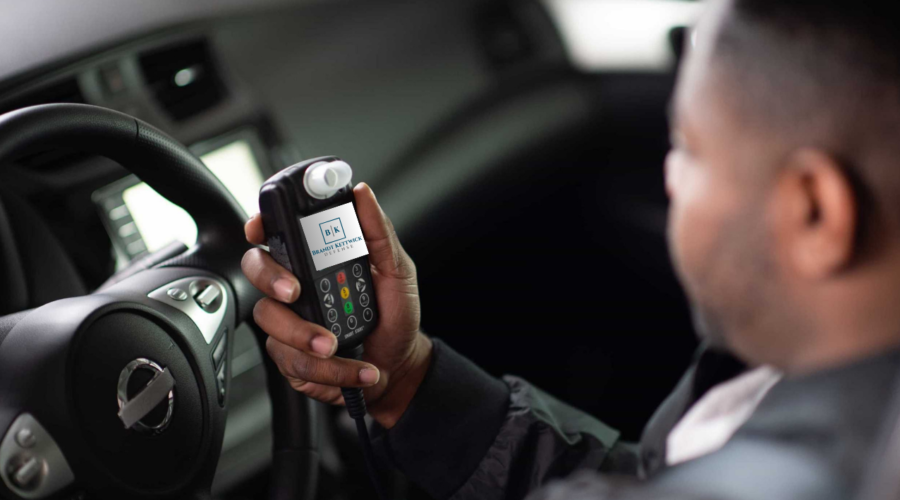DWIs can have serious consequences, including the revocation of your driver’s license. How long the revocation lasts depends on the circumstances of the case and the charges. For example, an individual facing their first DWI whose blood alcohol content (BAC) tested under 0.16 face a 90-day license revocation while a person whose BAC was over 0.16 or individuals who have had one prior DWI in 10 year face a 1-year license revocation. In some cases, license revocation can be up to 6 years. Without a valid license, people risk losing their job, relationships may be strained, and everyday tasks are made more difficult. So, can someone still drive after being arrested for a DWI? Short answer, it’s possible.
After being arrested for a DWI, an officer may give you a notice of revocation of your driving privileges. At this time, you are given a temporary license allowing you to drive for 7 days before the revocation goes into full effect. The good news is there are still options to get driving privileges back after that 7-day period, including work permits and ignition interlock.
Work permits, also known as a “limited driver’s license,” are only available to certain qualifying DWI offenses. If you qualify for and receive a work permit you are limited to driving to and from work, school, substance abuse meetings or treatment, or other limited important commutes. A work permit also limits driving to up to 60 hours a week, and there will be one day a week, of your choosing, in which you cannot drive at all. There is also a 15-day waiting period before you can apply for work permit. For these reasons, many individuals facing DWI charges chose to enroll instead in ignition interlock.
Ignition Interlock is a small device that is installed in your vehicle that requires you to blow into it in order to start your car. If alcohol is detected by the machine (showing up as .02 or more), your car won’t start. Essentially, the machine is a small breathalyzer. Unlike work permits, the Ignition Interlock program does not limit drivers on when/where they can drive. Still, individuals must qualify for the Ignition Interlock program and there are installation and fees associated with the device.
Finally, individuals facing DWI charges may also challenge the revocation of their driver’s license in court through an implied consent hearing. However, there are statutory deadlines to bring forth this challenge, so it is important to talk to a lawyer as soon as possible after you’re arrested for suspicion of a DWI and/or your license is revoked or cancelled.


